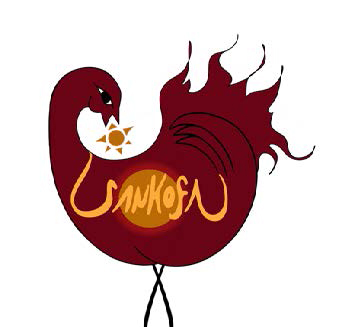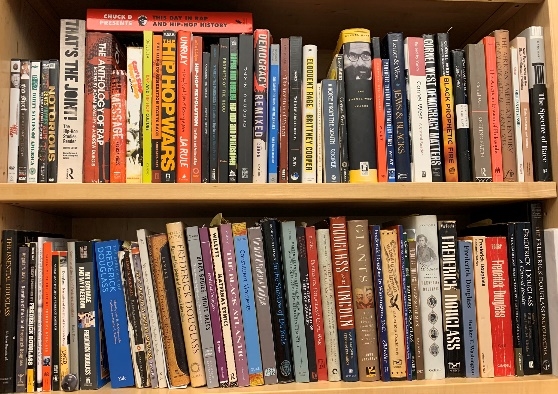The African and African American Graduate Certificate Program will hold a New Directions in African and African American Studies Conference from 4-7:30 p.m., Thursday, April 29.
This conference brings together graduate students from a number of disciplines currently enrolled in the African and African American Studies Certificate Program and its core course — Graduate Readings in African and African American Studies — to consider the entangled global histories of Africa and its diaspora.
Toward this end, questions of enslavement, fugitivity, colonialism, criminalization, mass incarceration, ideas of Blackness, the continuity and disruption of unfree labor regimes and activism remain essential to comprehending the full implications of Black existence within liberalism, abolitionism, nationalism and various systems of racism.
Through their presentation, graduate students enrolled in the Graduate Certificate Program aim to explore, broaden and challenge their discipline's canonical views that rely upon a master narrative of whiteness and white supremacy.
This conference will feature panel presentations in which graduate student participants will offer brief comments contextualizing their pre-circulated papers followed by commentary and discussion. Upon registration, audience members will have a chance to read pre-circulated papers beforehand. The event will end with a concluding keynote that will provide an assessment of ongoing conversations about the place of African and African American Studies in contemporary and future issues.
All panels will take place via Zoom. All times are Central Standard Time.
 Schedule
Schedule
4-4:10 p.m. — Welcome by Caree Banton, the director of African and African American Studies
4:10-5 p.m. — Panel 1
Chair: Caree Banton, Department of History and director of AAST
Commentator: Nathaniel Conley, Department of History
Travis Perusich, Department of History
"Recovering the Voice of the Black Soldier in the American Revolution"
Amanda McGee, Department of History
"Exploring Spatiality in Prigg V. Pennsylvania"
Q&A - 20 Minutes
5-6 p.m. — Panel 2
Chair: Alex Marino, Department of History
Commentator: Joanne D'Alisera, Departrment of Anthropology and Archaeology
Chase Barney, Department of History
"Rethinking Residence: Black Leisure & Labor in the White Neighborhoods of Colonial Harare"
Amber Lenser, Department of History
"South African Antifeminism: Race, Gender, and Sexuality in the Opposition to South African Feminist Activism"
Rebecca Purcell, Public Policy Program
"Faith in Country: Freedom Values, Stories of Struggle"
Q & A — 20 Minutes
6-6:10 p.m. — Coffee Break
6:10-7:10 p.m. — Panel 3
Chair: Sarah Riva, Department of History
Commentator: Najji Baptiste, Department of Political Science
Ryan Smith, Department of History
"'Of Material Benefit': Prison Labor and State Infrastructure in Postwar Arkansas, 1945-1980"
James Cooke, Department of History
"We saw ourselves basically as blacks": Racial formation and identity in Northern Ireland
Warrington Sebree, Department of Political Science
Crime News and Racial Stereotype Framing
Q&A - 20 Minutes
7:10-7:25 p.m. — Keynote: Dr. Valandra, School of Social Work and AAST Program
"Honoring the Humanity of Black Lives: A Spirit of Resilience."
7:25-7:30 p.m. — Concluding Remarks — Caree Banton
The African and African American Studies Program
About the African and African American Studies Program: the African and African American Studies Program at the U of A is an interdisciplinary program that expands on the core disciplines of a traditional liberal arts education. Faculty and students explore the legacy of the African diaspora and African descended people's global experiences. The program strives to advance social consciousness, promote equity and support the highest level of academic excellence through critical and global thinking in the classroom and beyond. Through the study of the histories, cultures and contemporary experiences of the African diaspora, we examine the important role that race has played in the creation of the world in which our students live.
Topics
- Belonging
- Research & Innovation
- Events
- International
- Humanities
- Social Sciences
- Fulbright College of Arts & Sciences
- Graduate School & International Education
- African and African American Studies Program
- Department of Anthropology
- Department of History
- Department of Political Science
- Public Policy Program
- School of Social Work
Contacts
Caree Ann Marie Banton, associate professor
Department of History
479-575-4086, cabanton@uark.edu
